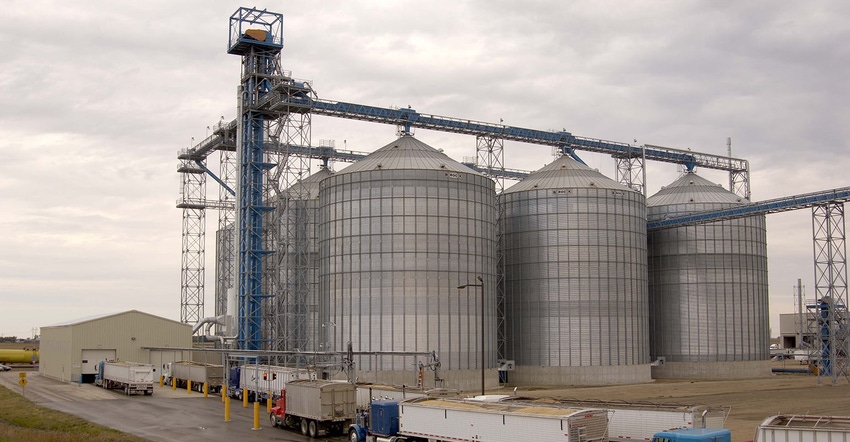Profit in the soy value chain
Profit in the soy value chain starts with our customers. To meet demands, farmers invest in building the quality of soybean components through the soy checkoff.
May 21, 2018

Sponsored Content
How farmers are building value from meal and oil
You pull up to the window at your neighborhood fast food chain, staring down the ever-changing menu. Thankfully, you can count on one consistent list, where minimal effort translates to maximum reward: the value menu.
And you’re not the only one looking for the biggest bang for your buck.
Across industries, perhaps especially in agriculture, every dollar counts. So where does profit come from in the soy value chain? Farmers, elevators, processors and end users capture value from several factors.
The Value in Soybean Meal
Soybeans are primarily made of meal and oil. Bruce Weber, director of risk management for the soybean product line at CHS, Inc., says soybeans are highly valued as a meal product.
“Oil uses are important to product value,” says Weber. “But soybean meal is still what drives profitability for farmers and processing plants.”
And farmers are seeing a shift in the value proposition – to include more than moisture, weight or even crude protein – that could increase demand and benefit the entire soy value chain.
Buyers for animal rations can be price-sensitive, but meal-purchase decisions are increasingly determined by nutritional characteristics. For poultry and swine, soybean meal’s digestible amino acid profile, among other factors, contributes to value.
“If the soybean meal we feed is not the proper protein or lysine level, our sows don’t perform as well feeding their piglets,” says Terry O’Neel, a hog farmer in Nebraska. “If our sows can’t feed their piglets, our pigs won’t grow as fast or develop as much lean pork – they won’t reach their genetic potential.”
Nutritionists and buyers alike are drawn to meal that has consistent quality and composition. They need to be assured of the product they are getting and how their animals will perform.
Better Meal for Customers
To meet these end-use customer demands, farmers are investing in building the quality of soybean components, including meal, through the soy checkoff. Since profits from soybeans are driven by meal sales for both processors and farmers, their investment offers a profit opportunity for crushers as well.
Most processors do not yet pay for soybeans based on component value, so many farmers remain focused on yield.
But as end users continue to communicate their desire for specific aspects of U.S. soy’s nutritional bundle, processors will have the opportunity to capture more value from soybeans. Working directly with supplier elevators and famers to ensure that every link in the chain meets customer needs could mean more profit opportunities across the industry.
To read more stories on this topic, visit: http://unitedsoybean.org/7030mag/
About the Author(s)
You May Also Like


